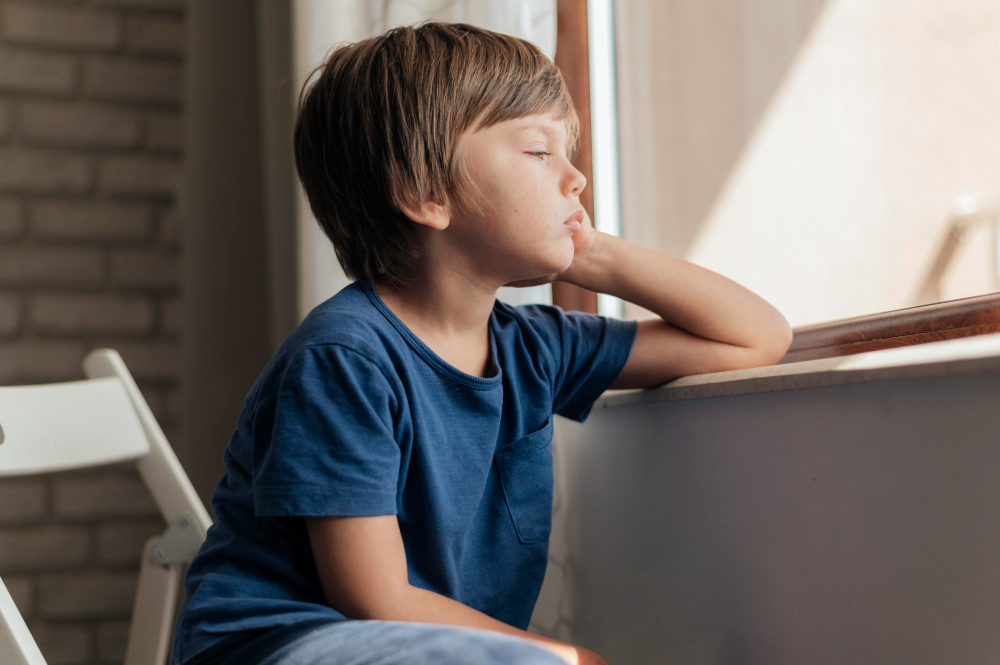Depression Frequently Asked Questions from the American Academy of Child & Adolescent Psychiatry.
Depression has no single cause. Both genetics and the environment play a role, and some children may be more likely to become depressed. Depression in children can be triggered by a medical illness, a stressful situation, or the loss of an important person. Children with behavior problems or anxiety also are more likely to get depressed. Sometimes, it can be hard to identify any triggering event.
What are the signs and symptoms of depression?
Common symptoms of depression in children and adolescents include those listed below. In “major depression,” five or more of these symptoms last for over two weeks, and cause difficulty in everyday life. In a less severe but longer lasting condition called “persistent depressive disorder” (formerly “dysthymia,”), two or more of these symptoms are present, more often than not, for a year.
- Feeling or appearing depressed, sad, tearful or irritable
- Decreased interest in or pleasure from activities, which may lead to withdrawal from friends or after-school activities
- Change in appetite, with associated weight
- Major changes in sleeping patterns, such as sleeping much more or less than normal
- Appearing to be physically sped up or slowed down
- Increase in tiredness and fatigue, or decrease in energy
- Feeling worthless or guilty
- Difficulty thinking or concentrating, which may correlated with worsening school performance
- Thoughts or expressions of suicide or self destructive behavior
In children it is important to keep in mind that an increase in irritability or even complaints of boredom may be more noticeable than sadness. Children also may have more physical complaints, particularly if the child does not have the habit of talking about how he or she feels. Talk of suicide or not wanting to be alive can be difficult to interpret, so it must be take seriously and brought immediately to a mental health professional’s attention.
Full list of Depression FAQ’s available at AACAP.org
